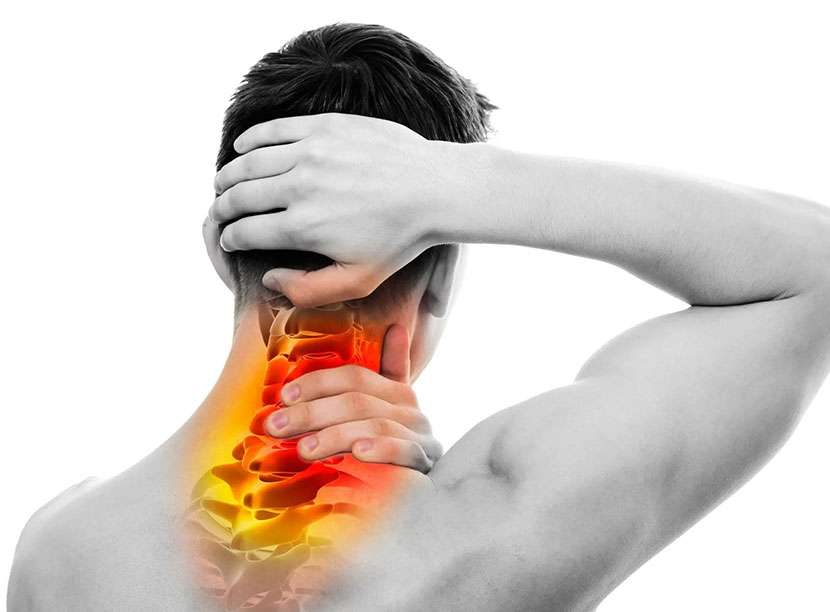The nervous system is responsible for carrying messages throughout the body. Unfortunately, when too much pressure is placed on a nerve, it can cause significant pain, weakness, tingling, and numbness.
The sooner you can identify the signs of a pinched nerve, the sooner you can begin treatment and recover. In this article, we’ll discuss the most common indicators of a pinched nerve and how to move forward with this neurological injury
What is a Pinched Nerve?
A pinched nerve is a common injury that develops when surrounding tissue presses down on a nerve. This compression can cause irritation, inflammation, and damage.
Although they can occur in many areas of the body, including the arms and wrists, pinched nerves most often affect the spine. Various spinal injuries can lead to nerve impingement, including a herniated disc, bone spurs, and spinal stenosis. A pinched nerve in the spine is also known as radiculopathy.
Signs That You May Have a Pinched Nerve
The most common signs of a pinched nerve include:
- Pain that’s described as sharp, burning, or aching
- Pain that radiates to the extremities (a pinched nerve in the lower back can cause pain that radiates into the legs)
- Numbness or reduced sensation that radiates to the extremities
- The sensation of pins and needles (also known as paresthesia)
- Muscle weakness in the area supplied by the affected nerve
- Often feeling that a foot or hand has “fallen asleep”
- Poor grip strength (for a pinched nerve in the cervical spine)
Can Pinched Nerves Heal On Their Own?
In mild cases, a pinched nerve may be able to heal on its own with rest and at-home care, like heat/cold therapy. While resting with a pinched nerve, it’s important to avoid activities or movements that could irritate the nerve, such as carrying heavy objects or twisting the spine excessively.
If a pinched nerve worsens or doesn’t resolve within a few weeks of at-home care, seek professional care. Leaving a nerve injury untreated can lead to further damage and more severe symptoms while putting you at risk of lasting complications. In some cases, untreated nerve compression can cause permanent nerve damage.
Chiropractic Care for a Pinched Nerve
Poor spinal alignment can cause or exacerbate a pinched nerve. Through manual adjustments and spinal decompression, your chiropractor can restore the proper alignment of your spine while improving blood flow to the injured nerve. This process alleviates pressure on the pinched nerve while reducing the inflammation throughout your body.
To learn more about how chiropractic care can benefit your pinched nerve recovery, schedule an appointment at Wasserman Chiropractic today!




